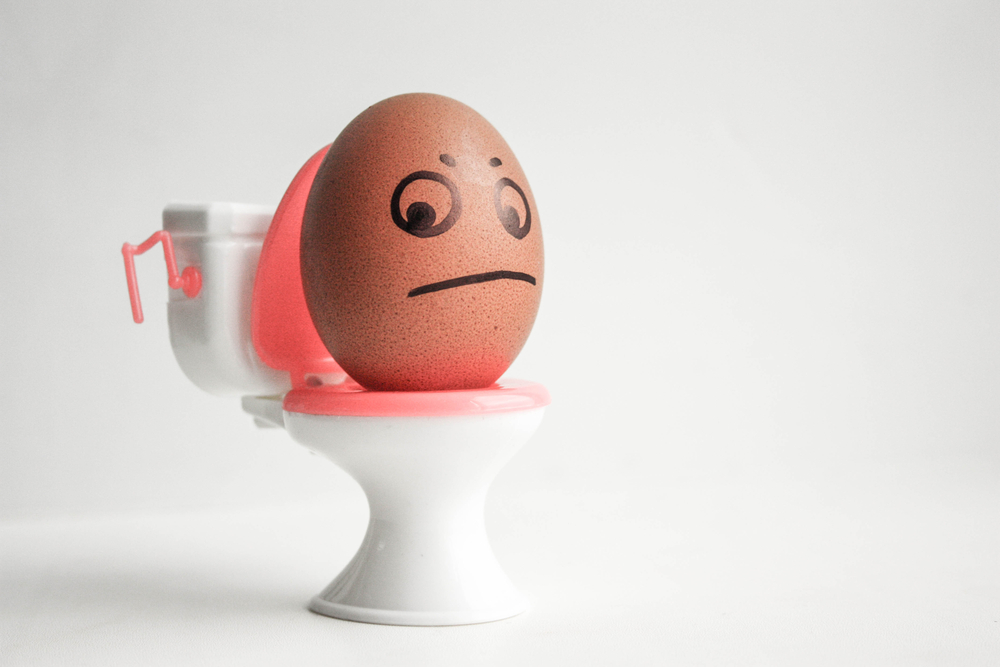Understanding Kidney Cysts: Symptoms, Causes, and Management Strategies
Discover essential information about kidney cysts, including their symptoms, causes, and treatment options. Learn how to identify signs early and explore both medical and lifestyle strategies to prevent and manage these fluid-filled sacs. Regular check-ups and timely intervention can help maintain healthy kidney function and prevent serious complications. Stay informed about kidney health with expert guidance on managing cysts effectively and safely.
Understanding Kidney Cysts: Symptoms, Causes, and Management Strategies
Kidney cysts are fluid-filled sacs that develop on the kidneys. They are generally classified into simple cysts and polycystic kidney disease (PKD). Simple cysts are single, thin-walled structures filled with fluid, usually causing no symptoms or harm to kidney function. In contrast, PKD results in multiple cysts that can lead to kidney damage and complications. This inherited condition affects many with potential health implications.
Signs and Symptoms
Small simple cysts often cause no issues. However, enlarging or infected cysts can lead to:
- Dark urine
- Abdominal pain and swelling
- Fever
- Back pain
- Discomfort between pelvis and ribs
- Frequent urination
- Blood in urine
- Fatigue, nausea, vomiting, dizziness
Underlying Causes

A variety of factors contribute to kidney cyst formation, such as genetic predisposition, infections, or physical injury.
Congenital issues like renal stenosis, pyelonephritis, or ureteral narrowing can lead to cyst development. Approximately 1 in 700 infants are born with congenital kidney cysts, and about 5% of adults carry genes linked to cyst formation. Family history and genetic factors play a significant role.
Trauma from falls or injuries may cause cysts to form. Excess water retention, elevated uric acid, and diabetes also increase the risk. Hormonal fluctuations during pregnancy or menopause can promote cyst development through altered fluid or calcium production.
Most kidney cysts are benign and vary in size. Common benign types include simple renal cysts, vesicoureteral cysts, and ureteral cysts. Many cysts resolve spontaneously, but some may necessitate surgical intervention.
Preventive Measures
To minimize the risk of developing kidney cysts, consider these lifestyle tips:
Stay well-hydrated by drinking at least eight glasses of water daily
Maintain an active lifestyle to promote healthy kidney function
Schedule regular health screenings to detect cysts early
Understanding what kidney cysts are is essential. They are benign renal tumors that can appear anywhere in the kidneys, often painless but sometimes causing urinary issues. Early detection and proper management are key to avoiding severe complications.
In case of symptoms like back pain or urinary changes, consult a healthcare provider promptly. Treatments range from watchful waiting for benign cysts to surgery for problematic or growing cysts, ensuring optimal kidney health and preventing long-term damage.
Management Options
If diagnosed with a kidney cyst, treatment varies based on size, symptoms, and underlying cause. Common options include:
Nephrectomy: complete removal of the affected kidney, often used for large or problematic cysts
Minimally invasive procedures like Transurethral Resection (TURP)
Robotic-assisted laparoscopic surgery for precise removal with minimal recovery time
Home care involves consulting a doctor, especially if experiencing discomfort. For benign cysts, watchful waiting with lifestyle modifications can suffice. For complex or malignant cysts, medical procedures or surgery might be necessary to prevent further health issues.
Note:
Our website provides comprehensive insights into various health topics. Please remember, this information is educational and not a substitute for professional medical advice. Always consult qualified healthcare providers for accurate diagnosis and treatment options.










